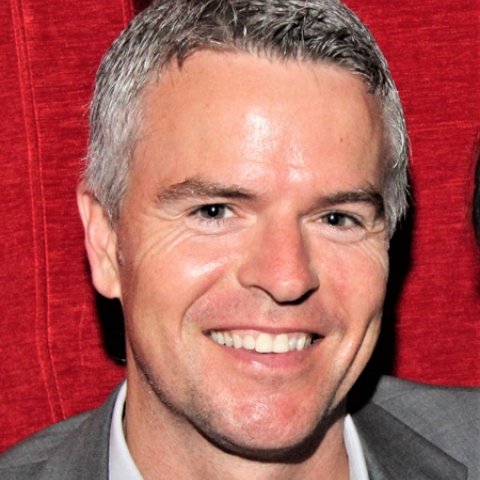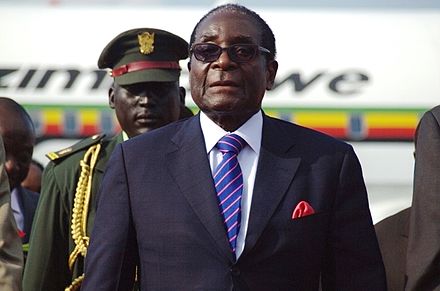Publications
Jakartas on the Niger

Former Deputy Director, The Brenthurst Foundation

Director, The Brenthurst Foundation
With Presidential elections slated for next year, the Paper argues that Mali is at a vital turning point in its history. The next 20 years will be very different from the two decades which have passed since its people courageously brought a brutal dictatorship to an end, a period characterised by gradual but steady progress, where the maintenance of stability and tradition was prioritised above all else.
One of Africa’s most respected democracies, Mali will either reap the harvest of its enormous population boom – a demographic dividend, if harnessed wisely – and lift itself onto the next rungs of the development ladder; or slip backwards, becoming a nation increasingly reliant on foreign assistance and lurching from one socioeconomic crisis to the next.
Against the backdrop of this all-important population growth (currently Mali has one of the highest birth rates in the world) and a growing terrorist threat over large parts of the country, this Paper considers three key sectors – agriculture, mining and tourism – where catalytic steps or ‘actions for growth’ taken by the government could propel it onto a sustainable growth path.
Jakartas on the Niger
With Presidential elections slated for next year, the Paper argues that Mali is at a vital turning point in its history. The next 20 years will be very different from the two decades which have passed since its people courageously brought a brutal dictatorship to an end, a period characterised by gradual but steady progress, where the maintenance of stability and tradition was prioritised above all else.
One of Africa’s most respected democracies, Mali will either reap the harvest of its enormous population boom – a demographic dividend, if harnessed wisely – and lift itself onto the next rungs of the development ladder; or slip backwards, becoming a nation increasingly reliant on foreign assistance and lurching from one socioeconomic crisis to the next.
Against the backdrop of this all-important population growth (currently Mali has one of the highest birth rates in the world) and a growing terrorist threat over large parts of the country, this Paper considers three key sectors – agriculture, mining and tourism – where catalytic steps or ‘actions for growth’ taken by the government could propel it onto a sustainable growth path.
Note: PDF is no longer available. Please contact us should you require this.

